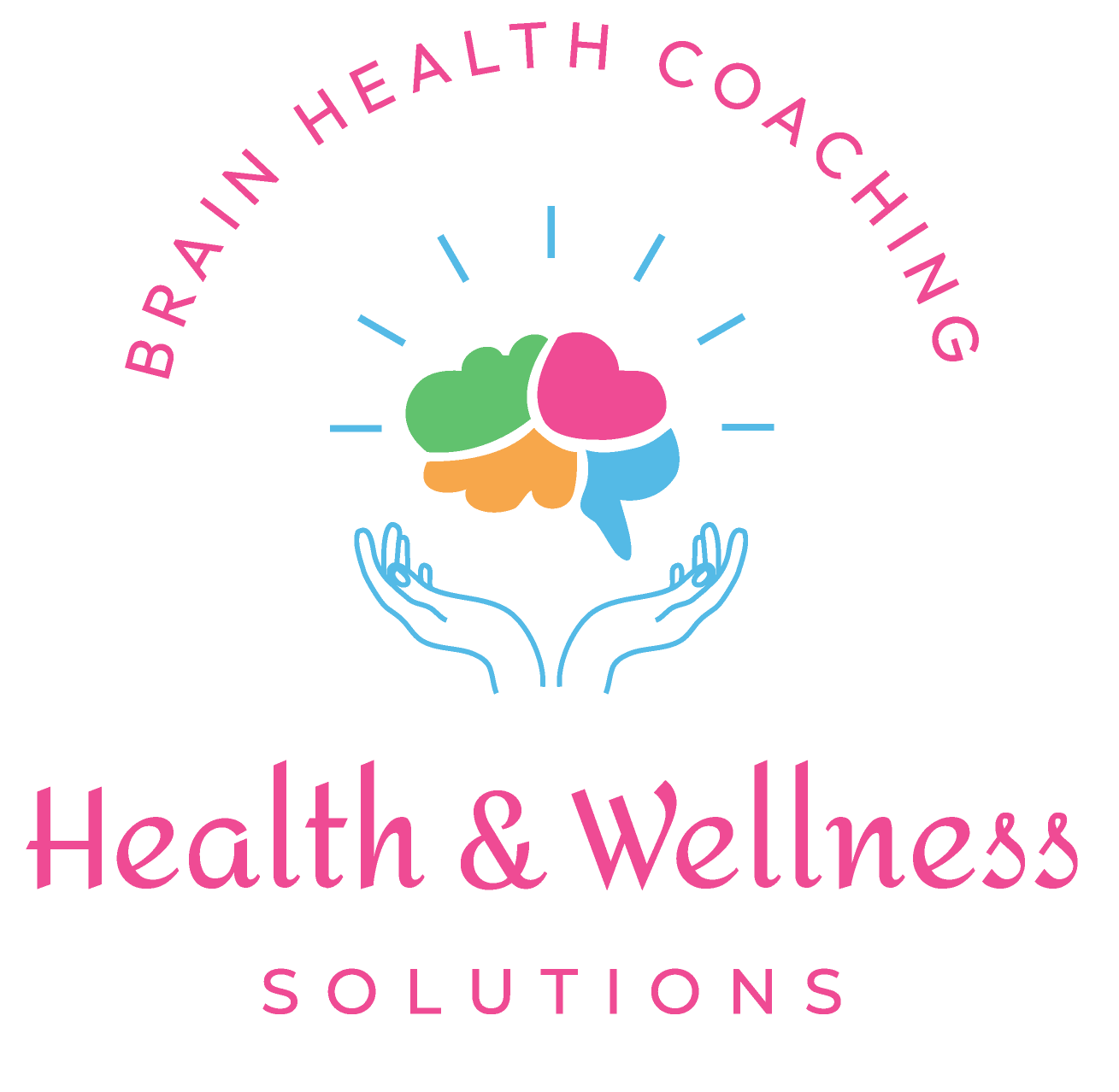If you’ve found yourself struggling with brain fog, lack of focus and concentration or memory lapses, you may be suffering from chronic neuroinflammation, chronic inflammation of the brain. Just as you might experience inflammation in your joints or other parts of your body, your brain can also be affected!
But don’t worry – I’m going to hand over some simple solutions to getting your brain back online – and they’re going to make you say to yourself, “Seriously?!”
What is chronic inflammation?
Chronic inflammation happens when the body’s natural healing process of inflammation turns harmful when it continues long after the original response was first needed.
While it’s a relatively complicated process, inflammation becomes “chronic” if your internal “emergency alarm” fails to shut off when it should. This ends up allowing chronic inflammation to destroy healthy tissue and create related symptoms.
The goal is to stop chronic inflammation triggers before they cause illness.
When is inflammation harmful?
Chronic inflammation is an ongoing, destructive process. When inflammation doesn’t turn off like it should, it turns harmful. Chronic inflammation is damaging because it acts like a slow-burning fire that attacks healthy areas of your body.
When this inflammation attacks your brain – your brain becomes on fire!!
Inflammation can cause cognitive impairment by creating profound structural and functional changes in the brain, including:
- interfering with nutrient flow to the brain
- leading to an “energy crisis” in the brain
- reducing functional connectivity
- aging the brain through mitochondrial damage and oxidative stress
- Increasing the permeability of the blood-brain barrier
How to naturally reduce inflammation
If you think you are at risk for chronic inflammation, you can reduce inflammation with a natural approach – and it’s much easier than you might think.
Here are 7 steps you can take towards an anti-inflammatory lifestyle:
- Brush and floss your teeth regularly
If you’re like me, you know dental health is important but don’t always prioritize it. But brushing and flossing your teeth at least once daily are two of the simplest and quickest ways to fight harmful inflammation.
The inflammation related to periodontal disease has been linked to chronic inflammation as well as subsequent heart disease and Alzheimer’s, so visiting your dentist on a regular basis is also a good idea.
- Fight inflammation with real food. But what’s a good anti-inflammatory diet?
A Mediterranean-style diet is my recommended choice. It’s made up of whole grains, fish, healthy fat and oils, fruits and vegetables. Plus a Mediterranean diet is delicious and can be easy to prepare.
You have a lot of delicious menu options when it comes to reducing inflammation. Choosing the right foods can help your body by blocking certain stages in the inflammatory cascade or by removing toxic by-products.
Some of my favorite anti-inflammatory foods include:
- dark berries (including blueberries and blackberries)
- red wine (in moderation — a glass a day)
- spinach
- dark chocolate (a square or two a day, and be sure it’s not processed with alkali because this greatly reduces the major antioxidant flavanol)
One of my favorite foods are dark berries. They are rich in antioxidants that fight inflammation and can help improve cognitive function and memory.
Another personal favorite are beets, which contain betaine, a powerful antioxidant that can block the formation of several inflammatory markers. Beets can be enjoyed in so many ways — in salads, smoothies, juices or even roasted with a little balsamic glaze.
Finally, omega-3 polyunsaturated fatty acids like EPA and DHA found in fatty-fish oil can play a big protective role by acting directly on signal pathways during inflammation.
- Try turmeric
The anti-inflammatory spice. Some specific ingredients are in the spotlight recently as mega-inflammatory fighters. The spice turmeric, for example, has gained serious credibility in reducing inflammation related to Alzheimer’s disease, arthritis and cancer.
- Cut out the chemicals
Exposure to pesticides and preservatives causes inflammation by invading cells and destroying tissue. Our gut flora, which acts as another sort of immune system is also greatly affected by these chemicals. Repeated exposure kills off this crucial line of defense, leading to further tissue death and inflammation.
Be especially careful with cleaning products. There are many natural options that are effective and much less toxic to you and your family. Read labels carefully when it comes to cosmetics, shampoo, toothpaste and other personal care products. Avoid phthalates and parabens whenever possible.
You can also reduce your chemical exposure with better food choices. Try to eat seasonal, local and, especially, organic as often as you can, and wash your vegetables well when you can’t. Stick to homemade food instead of highly processed foods that come in plastic containers.
- Enjoy being active
Regular exercise reduces inflammation very effectively by improving circulation and lymphatic flow, and reducing body fat. You can do any type of exercise as long as it gets your heart pumping. Set a goal to work out for at least 30 minutes, 5 days a week and work up to it bit by bit.
Keeping a healthy weight is so important to put inflammation in its place. When the body is under metabolic stress, as it is with obesity, fat cells can help initiate an inflammatory reaction.
This happens because fat cells can act like immune cells by releasing cytokines, which push immune cells to initiate an inflammatory reaction.
- Make sleep a true priority
If I had to choose one good thing to tell my patients to do for themselves, it’s to prioritize developing a sleep schedule, and then follow it closely.
Sleep is the time when your body is able to heal from the physical and emotional traumas of the day. Interrupted, poor quality sleep cuts sharply into that healing time.
It’s tempting to stay up to work or catch up on social media. Be good to yourself and go to bed at a reasonable hour, and keep the room cool, dark and comfortable. Remove the television and phone from the bedroom, and allow yourself time to settle down and just be still.
If you have trouble sleeping, consider supplementing with melatonin, a natural sleep hormone that helps maintain a healthy circadian rhythm.
- Adjust your response to stress
Inflammation is also triggered in response to stress and anxiety. As the body interprets these emotions as internal invaders no matter what their cause, it releases inflammatory markers everywhere throughout the body to head off impending danger.
The more stress in your life, the more likely it is you’re headed towards an inflamed state.
Consider starting a meditation program or try journaling every night — both help release stress. The options for stress reduction are endless, so if the first one you try doesn’t seem right for you, move on to others until you find the one that does.
Remember, you don’t have to make all of these changes at once. Pick one to get started and once it becomes part of your routine, choose another to add. In today’s world, it’s essential that we all try to create an anti-inflammatory lifestyle to feel better now and protect ourselves in the long run.

Eileen Allosso, a Nurse Practitioner and Clinical Neurology Specialist, offers Brain Health Coaching that transcends traditional approaches. She empowers women aged 45 to 70 to overcome brain fog, memory lapses and other cognitive issues through tailored, holistic methods. With Eileen, embark on a journey that leads you to your desired goals of feeling like your younger self again, conquering fears around growing older, and aging vibrantly!

